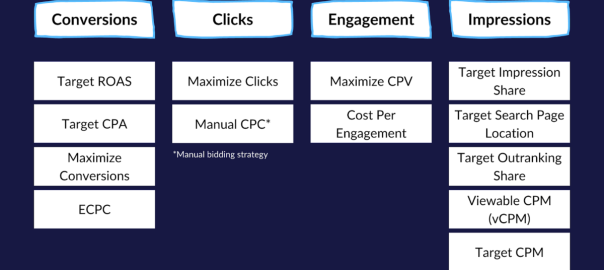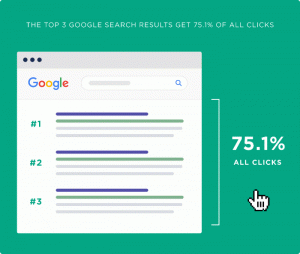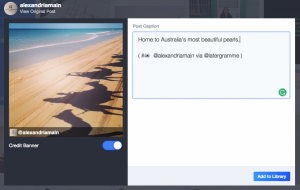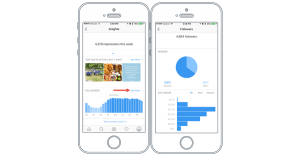Navigating the Complex Landscape of Pay-Per-Click Advertising: Strategies for Success
The digital era has introduced businesses to the compelling world of online advertising, where pay per click management services are critical to navigating the space effectively. Pay-per-click, or PPC, is a model where advertisers pay a fee each time an online user clicks their ad. Unlike traditional advertising, PPC offers a unique opportunity to monitor real-time results, fine-tune strategies, and make data-driven decisions to enhance ROI. This comprehensive dive into PPC will uncover strategies to harness the full potential of PPC campaigns, drive targeted traffic, and ultimately achieve business goals through digital marketing efforts.
Key Takeaways:
- Understanding PPC fundamentals and its role in digital marketing.
- Defining smart objectives to shape PPC strategies.
- Creating ad copy that resonates and attracts clicks.
- Targeting the right audience with strategic keyword use.
- Mastering the bidding process for cost-effective campaigns.
- Designing landing pages that maximize conversion.
- Enhancing ad effectiveness with the use of ad extensions.
- Optimizing campaign performance through continuous monitoring.
- Navigating common PPC pitfalls to maintain a high-quality score.
- Preparing for the future with evolving PPC trends.
Table of Contents:
- Understanding the Essentials of Pay-Per-Click (PPC) Advertising
- Identifying Goals: The First Step in PPC Campaigns
- Crafting Compelling Ad Copy to Capture Attention
- Selecting the Right Keywords for Maximum Impact
- The Role of Landing Pages in Conversion Rates
- Leveraging Ad Extensions for Enhanced Visibility
- Monitoring and Adjusting: The Key to PPC Success
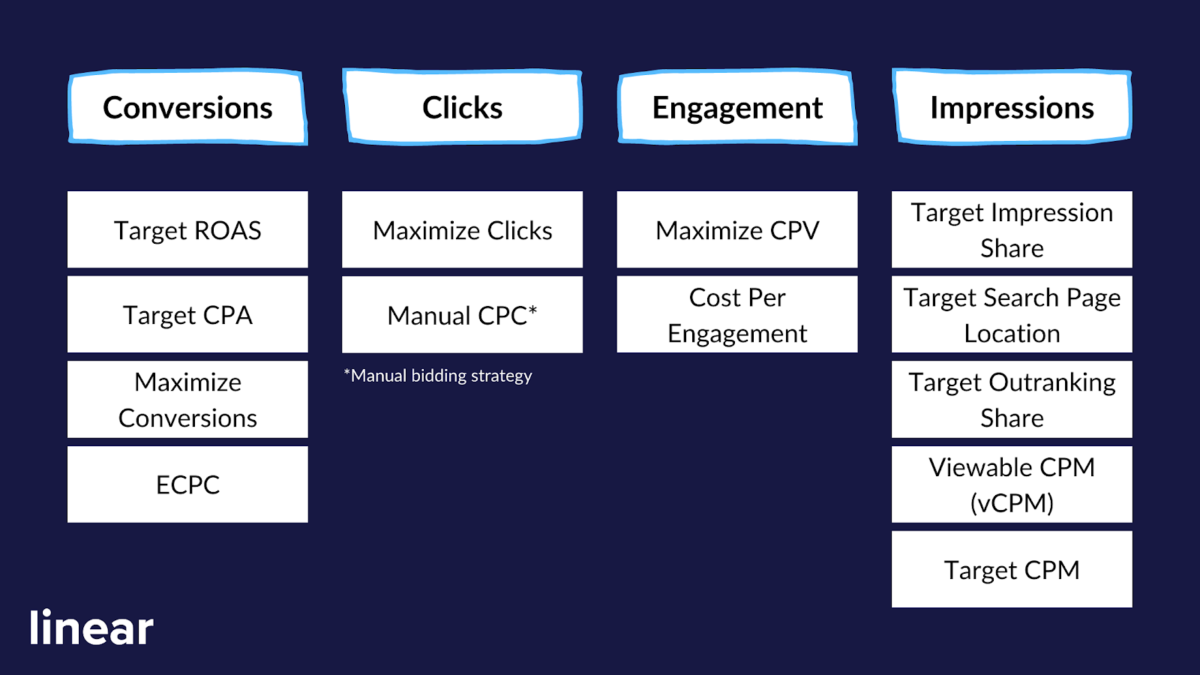
Understanding the Essentials of Pay-Per-Click (PPC) Advertising
At its core, PPC is an advertising model where businesses only incur costs when users actively engage with their ad. This performance-based approach is particularly attractive due to its flexibility and accountability. It fits neatly into the broader digital marketing ecosystem, complementing Search Engine Optimization (SEO) and content marketing strategies. Together, these techniques create a comprehensive online presence that can accelerate business growth. PPC is a quick route to visibility on search engine results pages, an advantage especially useful for new websites building their organic search presence.
Identifying Goals: The First Step in PPC Campaigns
Clear, actionable goals are the foundation of any successful PPC campaign. Objectives vary, ranging from boosting website traffic to increasing conversion rates for a specific product. Establishing these goals early on is imperative as they inform the choice of keywords, the structure of ad groups, and the composition of ad creatives.
Crafting Compelling Ad Copy to Capture Attention
Creating engaging ad copy is both an art and a science. It requires a marketer to distill the essence of an offering into a few powerful words that appeal to potential customers. Compelling ad copy should highlight the product or service’s unique value proposition, address the target audience’s pain points, and include a strong call-to-action (CTA) that prompts immediate action. The limited space for PPC ads makes it crucial to choose each word strategically to maximize impact. Effective ad copy can dramatically improve click-through rates (CTR) and overall campaign performance.
Selecting the Right Keywords for Maximum Impact
Keywords are the cornerstone of PPC campaigns. They bridge the gap between consumer intent and advertiser content. Effective keyword research and selection entail understanding your audience’s search habits and aligning them with your campaign goals. This often involves a mix of broad, exact, and phrase-match keywords along with negative keywords to filter out irrelevant traffic. Using long-tail keywords—a more specific set of terms that are usually longer and less common—can result in more qualified traffic and better conversion rates since they often signal higher intent.
The Role of Landing Pages in Conversion Rates
Landing pages are pivotal in the conversion funnel, serving as the ultimate destination where visitors decide whether to take the desired action. They should be designed with a single focus, encouraging visitors to complete a transaction or subscribe to a service. Key elements of high-converting landing pages include a strong headline, persuasive copy, attractive visuals, and an easy-to-navigate structure. Employing A/B testing to experiment with different landing page elements can lead to better engagement and improved conversion rates.
Leveraging Ad Extensions for Enhanced Visibility
Advertisers can use ad extensions to enrich the data provided in PPC ads. These extensions offer additional details about the business, such as location information, additional links, phone numbers, and more. Ad extensions’ extra real estate can improve the ad’s performance by making it more informative and useful, increasing the likelihood of users engaging with the ad. It’s not just about the scale; it’s about strategically utilizing extensions to present the most relevant information to potential customers at the right time.
Monitoring and Adjusting: The Key to PPC Success
A PPC campaign is never truly set and forgotten; it is an ever-evolving entity that needs constant monitoring and refinement. Utilizing analytics tools to track key performance indicators like CTR, cost per conversion, and quality score allows advertisers to gather actionable insights. Through continuous optimization, campaigns can become more targeted, efficient, and cost-effective. For instance, pausing underperforming keywords or ad groups, adjusting bids, or altering ad schedules according to user behavior are just some tweaks that can amplify reach and efficacy.

Ariana Killpack
Ariana prides herself on always learning everything there is to know about pay-per-click advertising and conversion rate optimization, which is why she can create such excellent content. When she’s not writing fantastic content, you can find her hiking, swimming, or baking bread.
(14)
Report Post